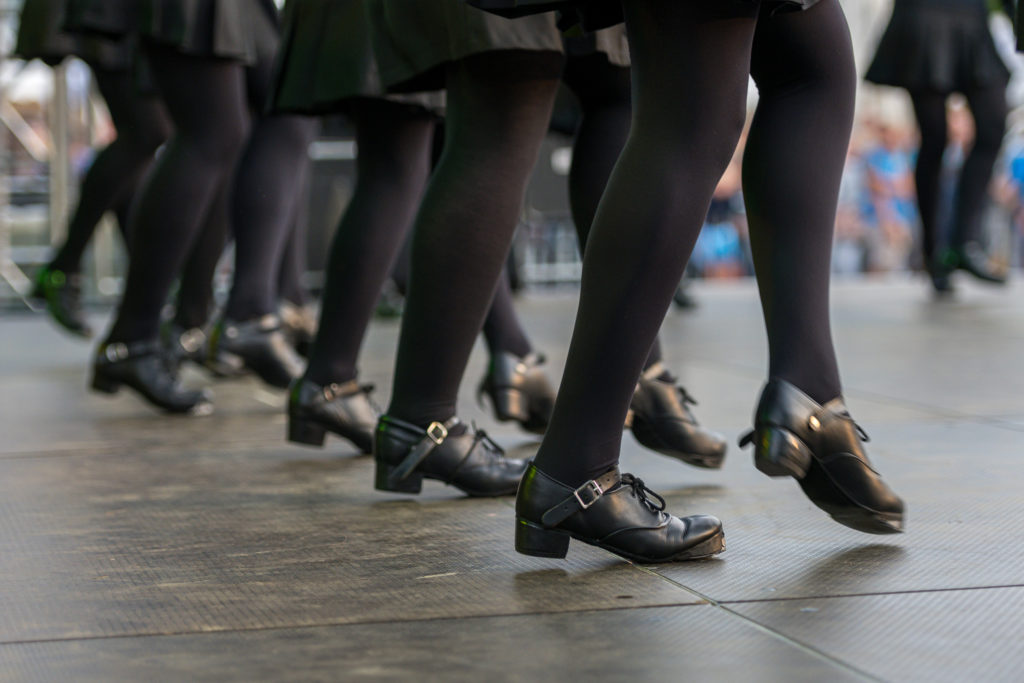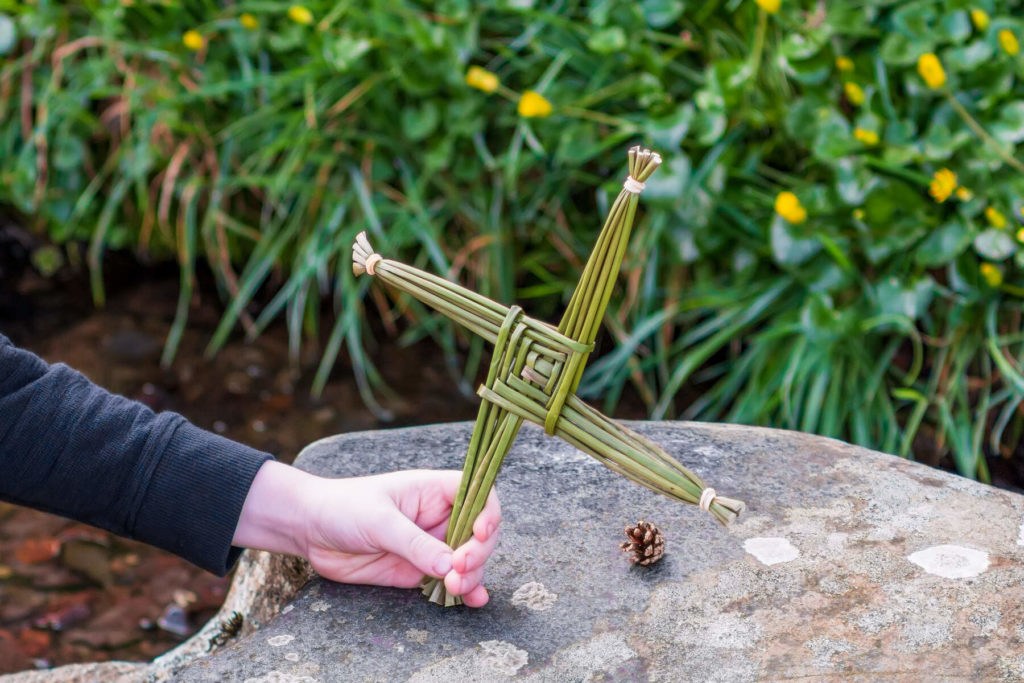FOUR traditional Irish practices have been given state recognition this week for being ‘integral’ to Irish culture.
Irish set dancing, St. Brigid’s cross weaving, Gaelic football and ladies’ Gaelic football and the Irish amateur dramatic tradition have all been added to Ireland’s National Inventory of Intangible Cultural Heritage.
Announcing the formal recognition of the four practices as part of “Ireland’s living cultural heritage”, Culture Minister Catherine Martin said: “Our living heritage is an integral part of our culture. I am pleased to announce state recognition of four further practices through Ireland’s National Inventory of Intangible Cultural Heritage.
 Irish set dancing has been added to Ireland’s National Inventory of Intangible Cultural Heritage
Irish set dancing has been added to Ireland’s National Inventory of Intangible Cultural Heritage“Each of these practices is integral to the culture and identity of the communities who practice them, and to our society more broadly.”
She added: “As part of my department’s ongoing obligations under the UNESCO 2003 Convention, we aim to acknowledge, safeguard and promote Ireland’s cultural heritage.
“The practices recognised today continue to thrive through the dedicated communities who sustain and pass on their skills through the generations.”
Commenting on the addition of GAA games to the list, Jarlath Burns, Uachtarán Chumann Lúthchleas Gael, said: “We are extremely honoured to have Gaelic football formally added to Ireland’s list of intangible cultural heritage.
 St Brigid's cross weaving has also been formally recognised by the state
St Brigid's cross weaving has also been formally recognised by the state“Just as hurling and camogie were recognised by UNESCO in 2018, this recognition is important because Gaelic football and Ladies Gaelic football are an intrinsic part of who we are.
“They are unique to us and their importance to Irish people is evidenced by their popularity in more than 1,600 clubs throughout this island and the 500 GAA clubs which exist elsewhere in the world.”
He added: “We are enormously proud of the skills and artistry which have evolved in our national games over centuries, and we are delighted that Gaelic games have been recognised and supported by the Government, and thank Minister Catherine Martin and her colleagues for their continuing support.”
The four new additions bring the number of practices on the National Inventory of Intangible Cultural Heritage to 42.


